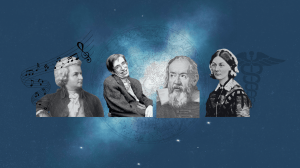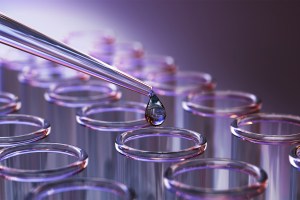Science & Tech
-
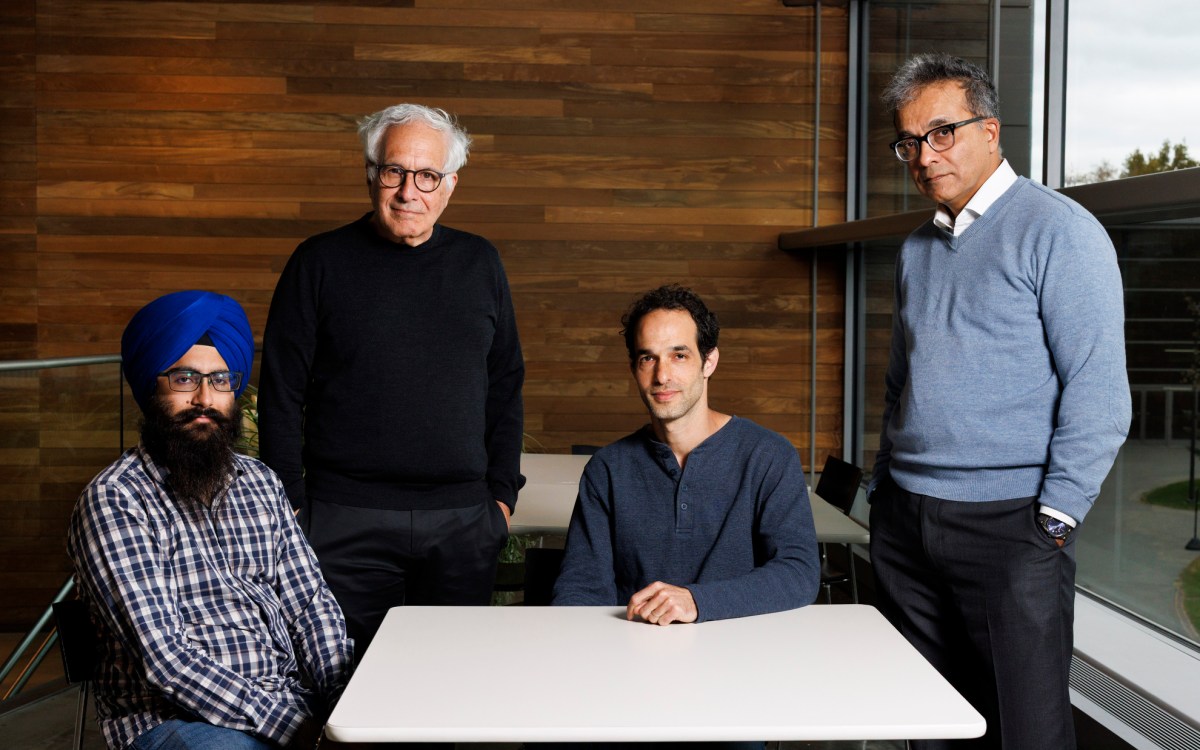
Want to speed brain research? It’s all in how you look at it.
New AI-enhanced scanning method promises to boost quest for high-resolution mapping
-
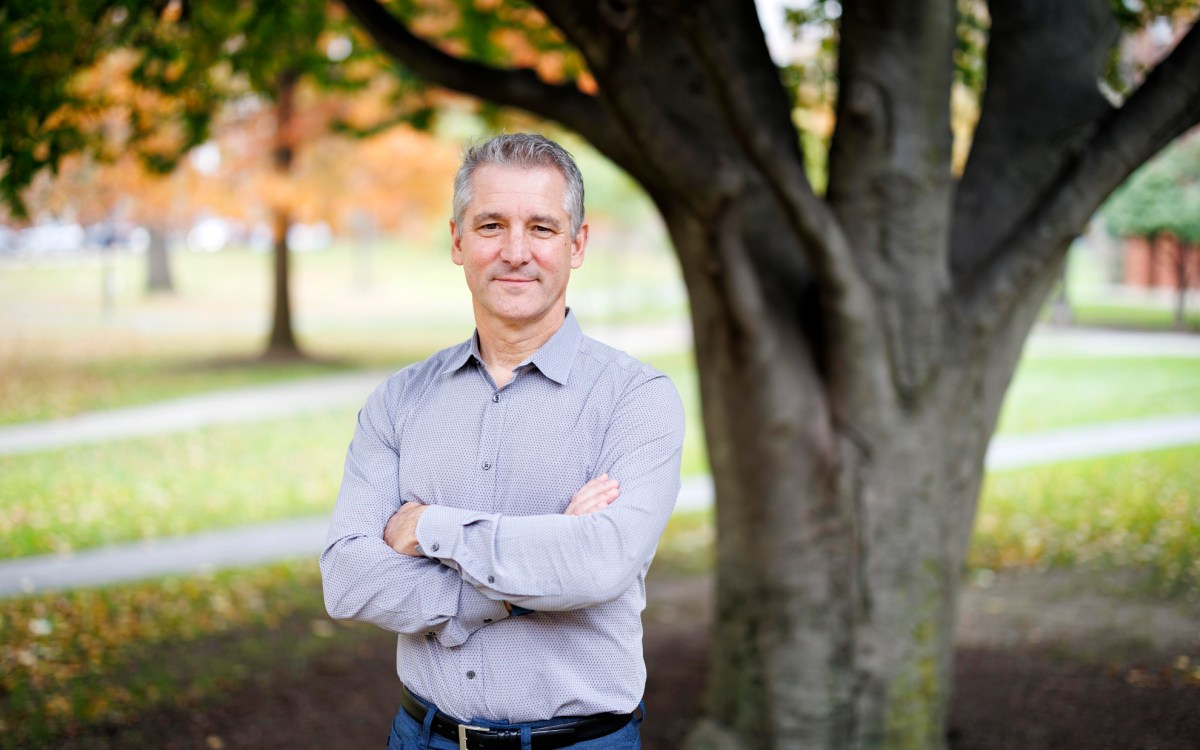
-
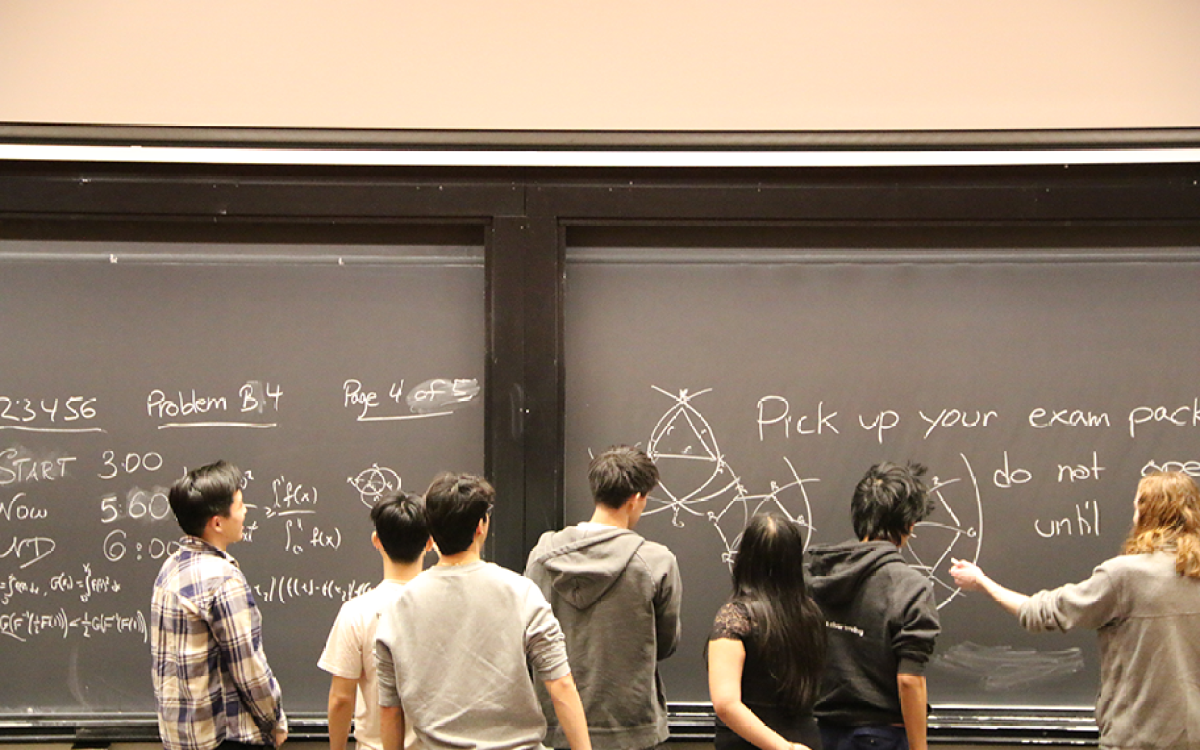
‘It just feels good when you solve the hard problems’
Why do students volunteer to take this notoriously difficult math exam? For the fun of it.
-
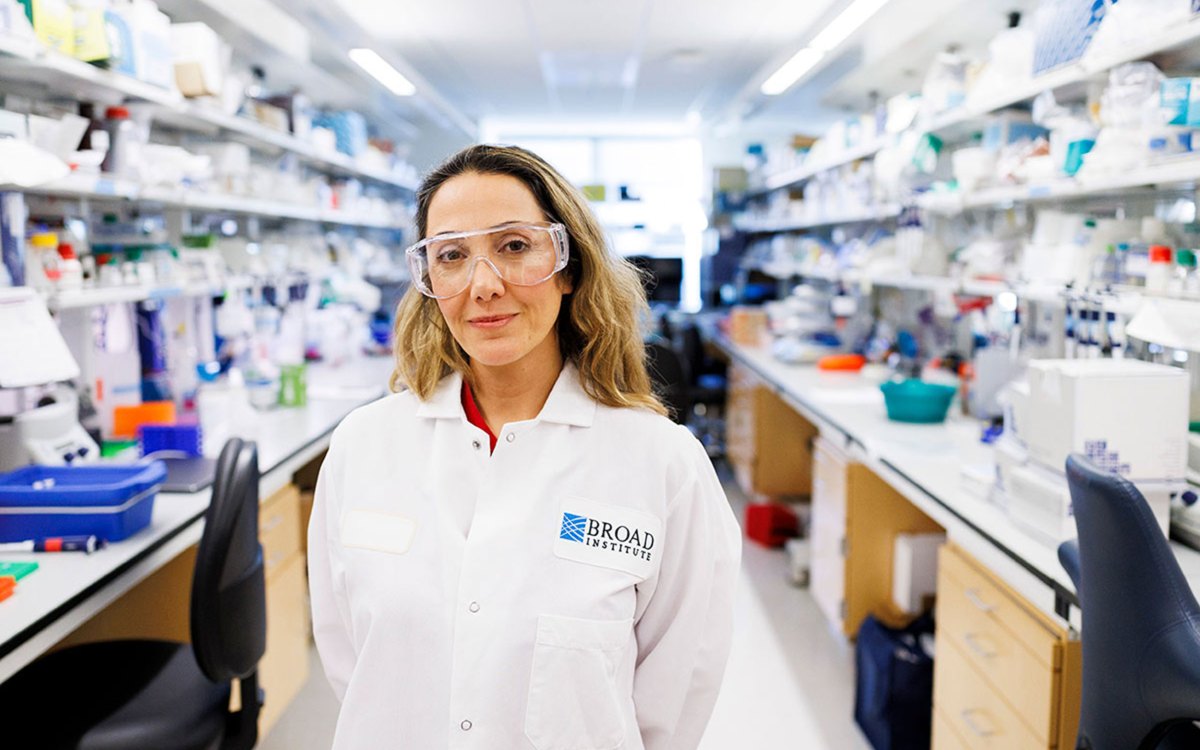
Stopping the next pandemic
Disease surveillance network faced ‘existential cliff’ despite proven success. Then came the $100 million.
-

Rethinking — and reframing — superintelligence
Microsoft researcher says separating AI from people makes systems dangerous and unproductive
-
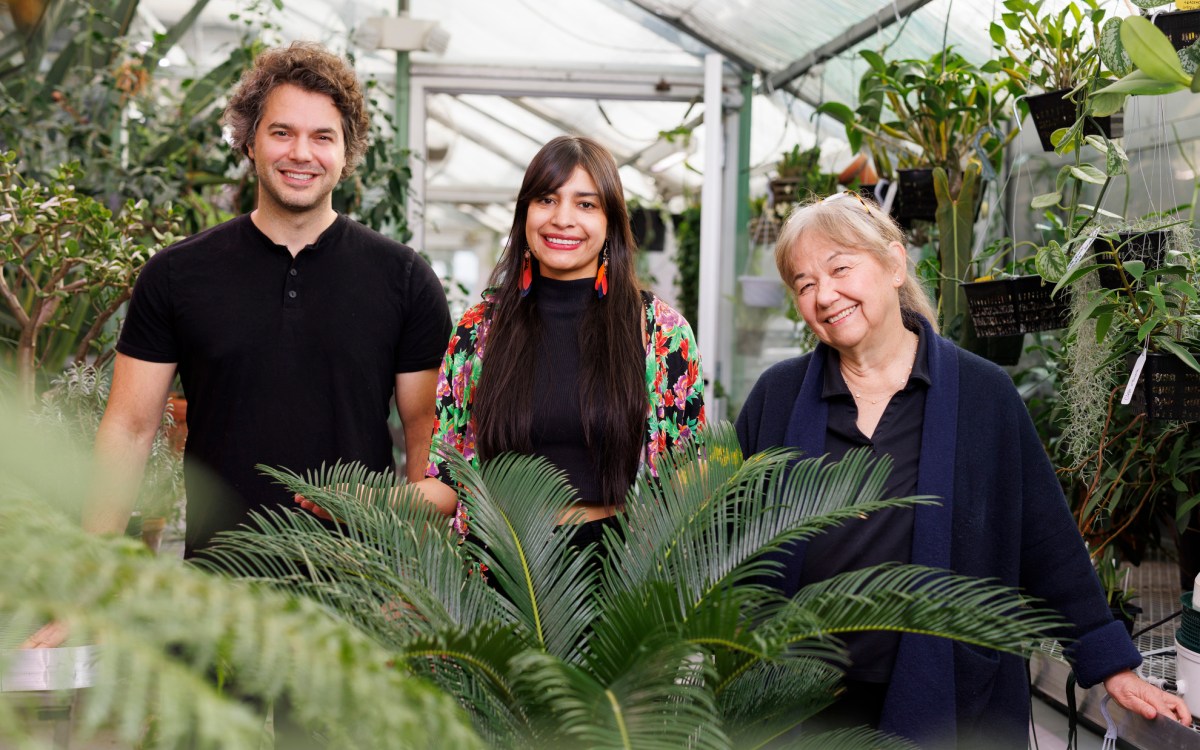
First, male gets heated up, then female, and then, you know
Study shows infrared radiation from plants serves as invitation to pollinating insects
-
Pluto’s demotion debated
In 2006, the International Astronomical Union demoted Pluto from its rank as a planet. But after an hourlong debate between planetary science experts on what constitutes a planet, an audience packed into Harvard’s Phillips Auditorium voted to restore it to its place.
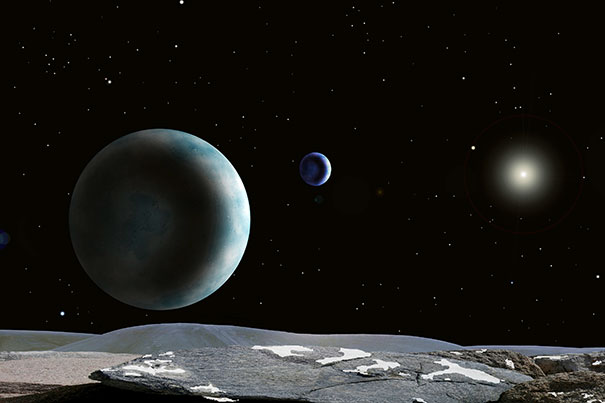
-
Build your own bot
A new resource provides both experienced and aspiring researchers with the intellectual raw materials needed to design, build, and operate robots made from soft, flexible materials.
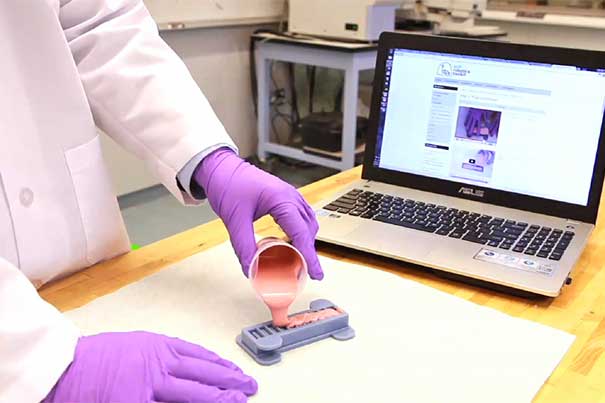
-
Recruiting bacteria for innovation
A team at the Wyss Institute for Biologically Inspired Engineering at Harvard University sees biofilms as a robust new platform for designer nanomaterials that could help clean polluted rivers, manufacture pharmaceutical products, fabricate new textiles, and more.
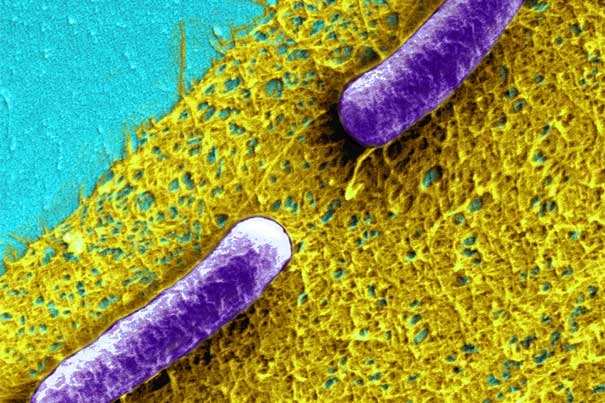
-
A mark on modern Europe
New research from the lab of David Reich challenges the prevailing view among archaeologists that there were no major influxes of new peoples into Europe after the advent of agriculture.
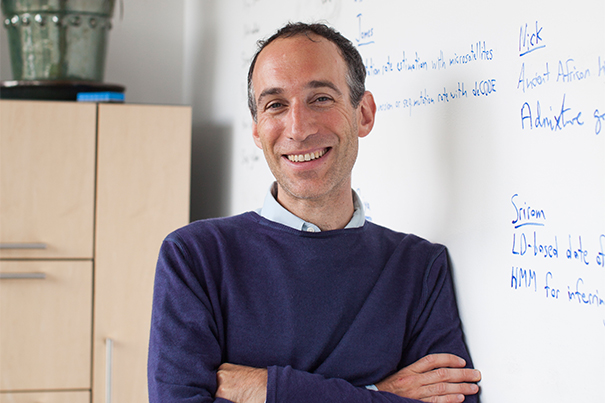
-
Have silicon switches met their match?
Silicon has few serious competitors as the material of choice in the electronics industry. Now, Harvard researchers have engineered a quantum material called a correlated oxide to perform comparably with the best silicon switches.
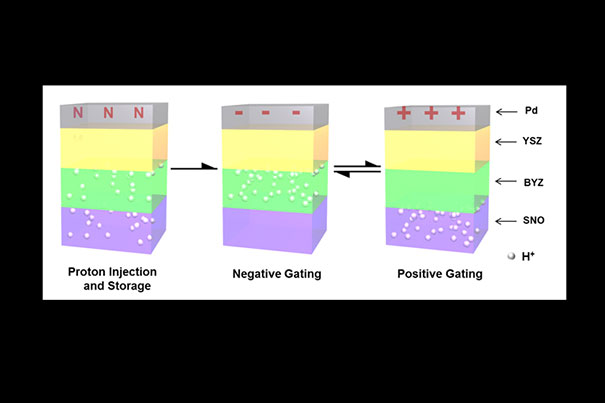
-
Wiping out sepsis
A new device inspired by the human spleen and developed by a team at Harvard’s Wyss Institute for Biologically Inspired Engineering may radically transform the way doctors treat sepsis.
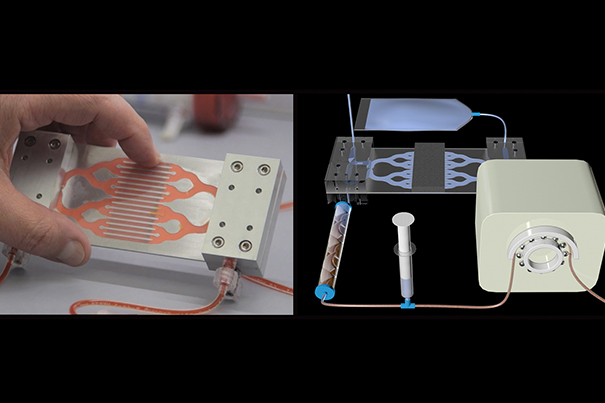
-
The $3 million suit
The Wyss Institute for Biologically Inspired Engineering at Harvard University has been awarded a first-phase, follow-on contract from the Defense Advanced Research Projects Agency to further develop its Soft Exosuit ― a wearable robot — alternative versions of which could eventually help those with limited mobility as well.
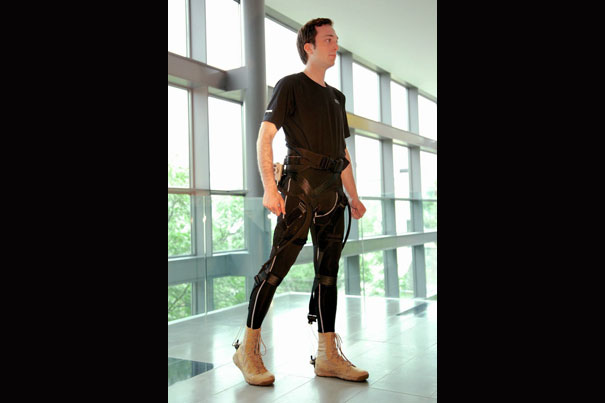
-
Cutting the cord on soft robots
Researchers at Harvard’s School of Engineering and Applied Sciences and the Wyss Institute for Biologically Inspired Engineering have developed the world’s first untethered soft robot — a quadruped that can stand up and walk away from its designers.
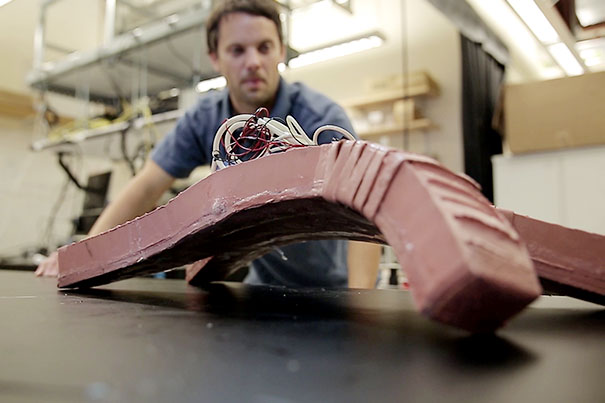
-
From decisive to dithering
A new research paper co-authored by HBS Professor Michael I. Norton finds that calibrating the decision-making process helps drive our appeal and influence over others.

-
Magnetic attraction
Harvard scientists have developed a system for using magnetic levitation technology to manipulate nonmagnetic materials, potentially enabling manufacturing with materials that are too fragile for traditional methods.
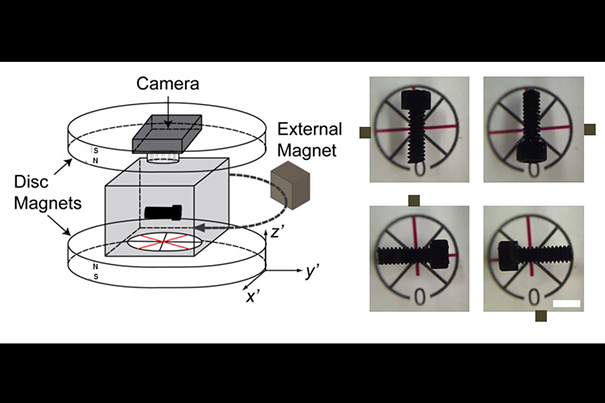
-
Are failing bees our warning sign?
Harvard School of Public Health Associate Professor of Environmental Exposure Biology Chengsheng (Alex) Lu outlines the danger posed to our food supply — and possibly to us — by the collapse of honeybee colonies.
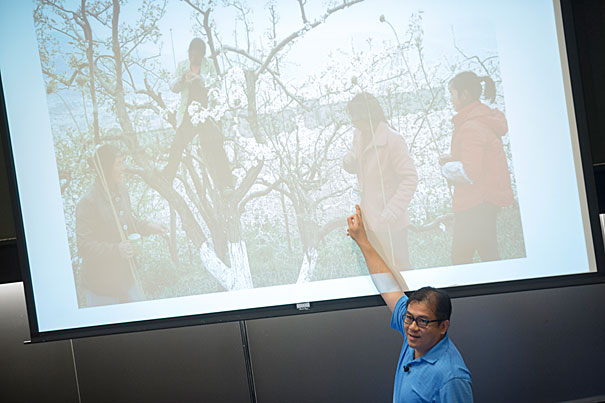
-
Fighting unfairness
A new study by Harvard scientists suggests that, from a young age, children are biased in favor of their own social groups when they intervene in what they believe are unfair situations. But as they get older, they can learn to become more impartial.
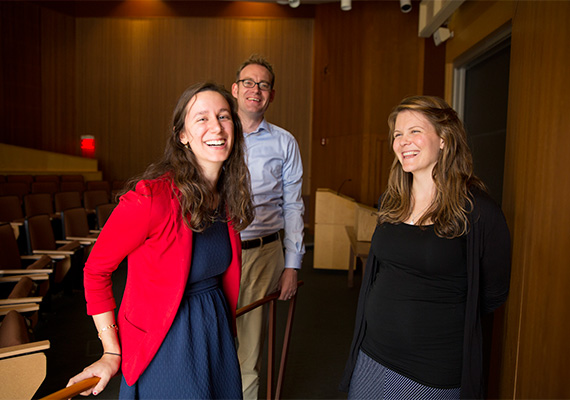
-
The 1,000-robot swarm
Harvard researchers create a swarm of 1,000 tiny robots that, upon command, can autonomously combine to form requested shapes — a significant advance in artificial intelligence.
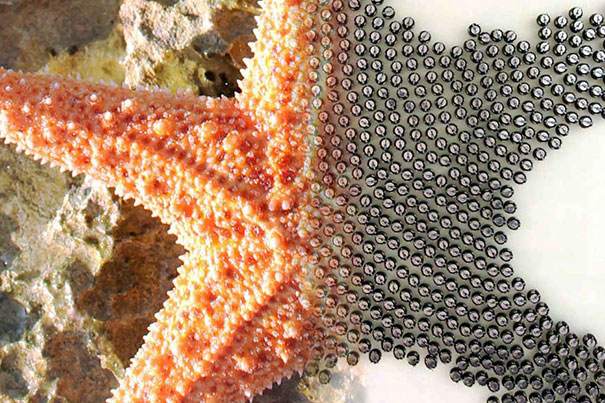
-
‘It was sort of a eureka moment’
Harvard engineers demonstrated a novel engineering process by creating a self-assembling robot that folds up from a flat sheet of composite material and then walks away. The Gazette spoke with engineering Professor Robert Wood about the project.

-
Robot folds up, walks away
A team of engineers used little more than paper and a classic children’s toy to build a robot that assembles itself into a complex shape in four minutes, and crawls away without human intervention.
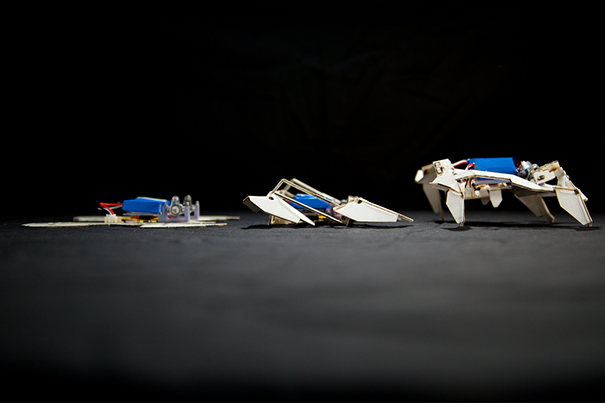
-
Cheap and compact medical testing
Harvard researchers have devised an inexpensive medical detector that costs a fraction of the price of existing devices, and can be used in poor settings around the world.
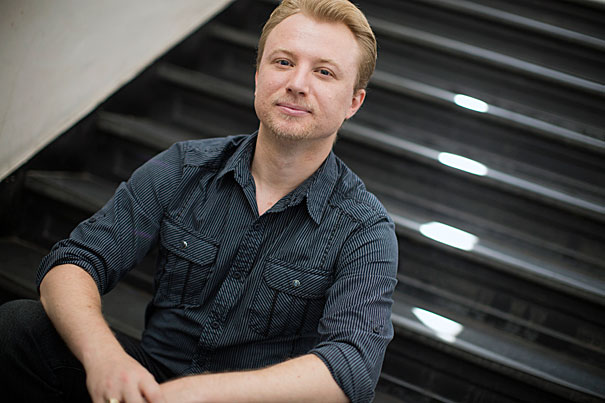
-
A new view of gentrification
Researchers used Google Street View to conduct a study of gentrification in Chicago.
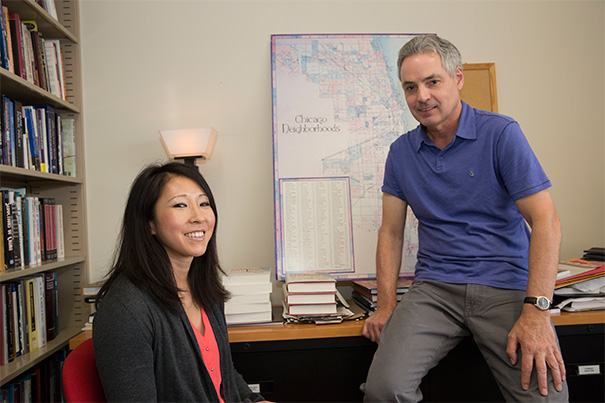
-
Wyss Institute’s organs-on-chips develops into new company
The Wyss Institute for Biologically Inspired Engineering at Harvard University announced on Monday that its human organs-on-chips technology will be commercialized by a newly formed private company to accelerate the development of pharmaceutical, chemical, cosmetic, and personalized medicine products.
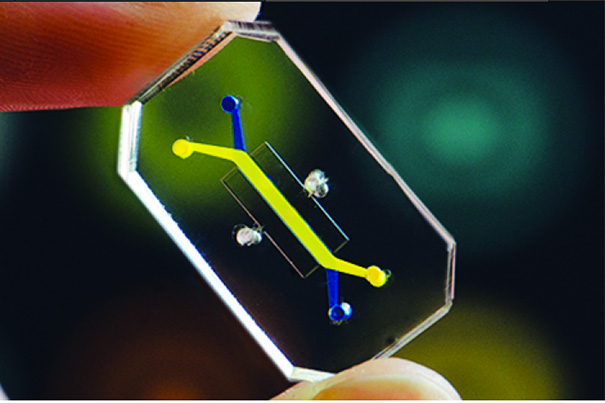
-
Destination: Doom
A novella co-authored by Professor Naomi Oreskes imagines the long-term consequences of inaction on climate change.
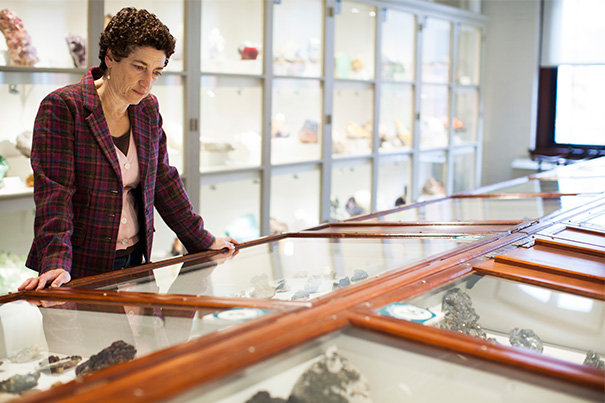
-
Targeting alien polluters
New research by theorists at the Harvard-Smithsonian Center for Astrophysics (CfA) shows that we could spot the fingerprints of certain pollutants under ideal conditions. This would offer a new approach in the search for extraterrestrial intelligence (SETI).

-
Scholarly access to all
Digital Access to Scholarship at Harvard, a free and open portal for the University’s peer-reviewed literature, is drawing more worldwide downloads than ever.
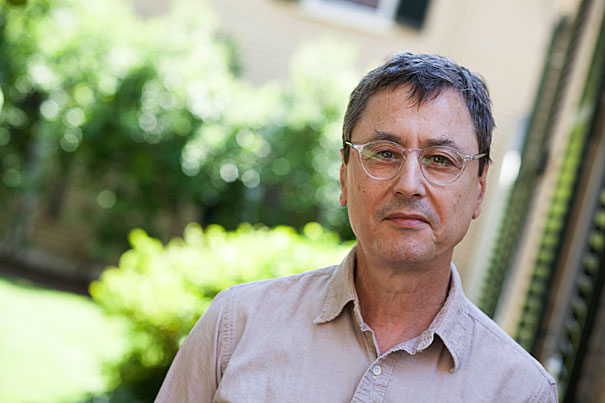
-
The mess left by stress
A new report says many Americans are feeling high levels of stress, and a forum addressed how they might deal with it.
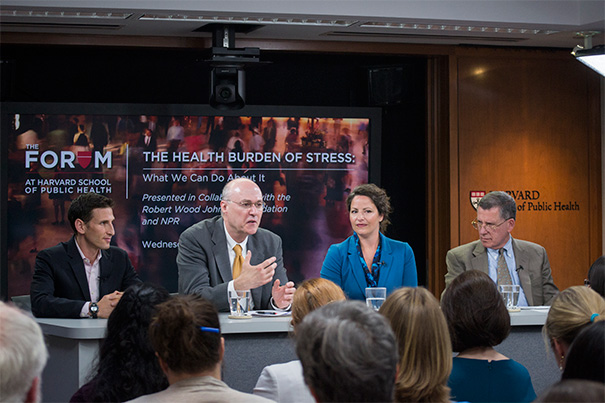
-
Harvesting energy from devices
Heat is a byproduct of nearly all electronic devices, yet most of it goes wasted. In an effort to recapture some of that energy and transform it into electricity, a team of Harvard and University of Sannio researchers have developed computer simulations to control the flow of heat and electrical current independently.
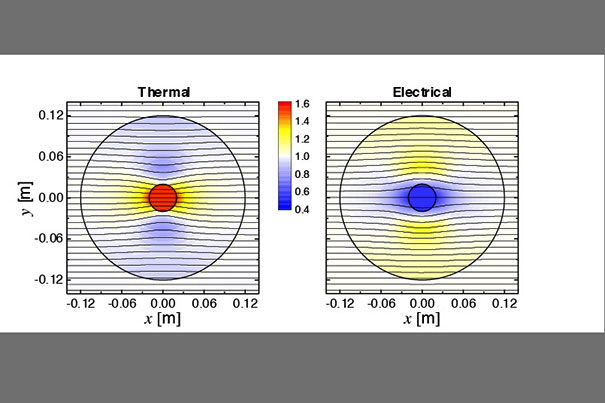
-
Tomorrow isn’t such a long time
A study by Harvard researchers and colleagues tested ways to encourage decisions mindful of future generations.
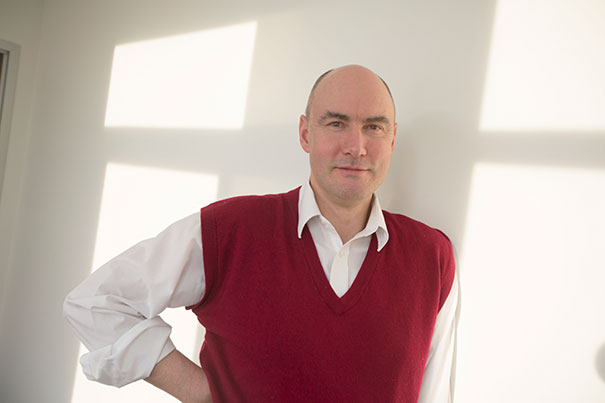
-
Now available on the Web? Smells
Harvard Professor David Edwards and a former engineering student, Rachel Field, added another sense to digital communications, sending a smell across the Atlantic, where a scent generator called an oPhone reproduced it.
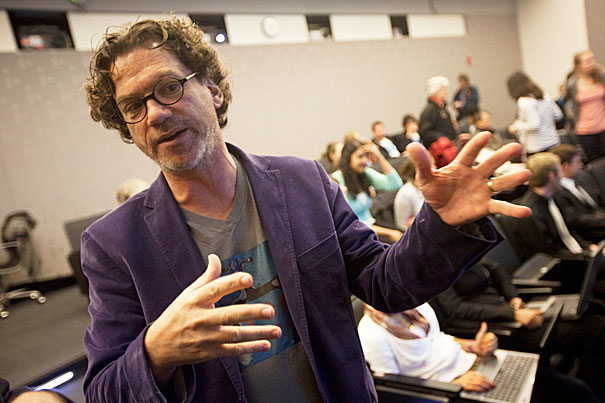
-
Worrisome growth pattern
Forest growth is starting to show the effects of climate change, new research finds.

-
Delving into dark matter
Harvard physicists have suggested that a disk of dark matter may lie along the center line of the galaxy.
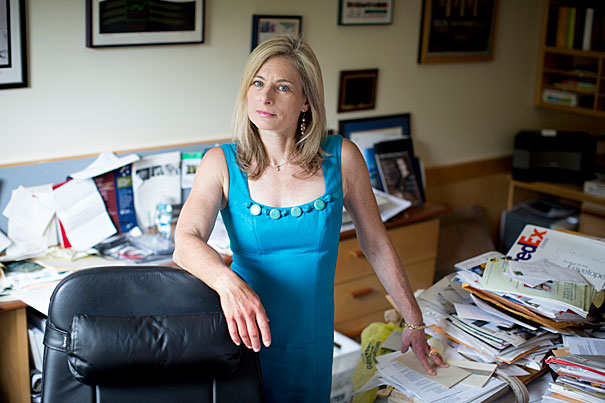
-
Taking stock of sustainability efforts
A conference co-hosted by Harvard looked at the future of sustainability efforts at universities and other large institutions.
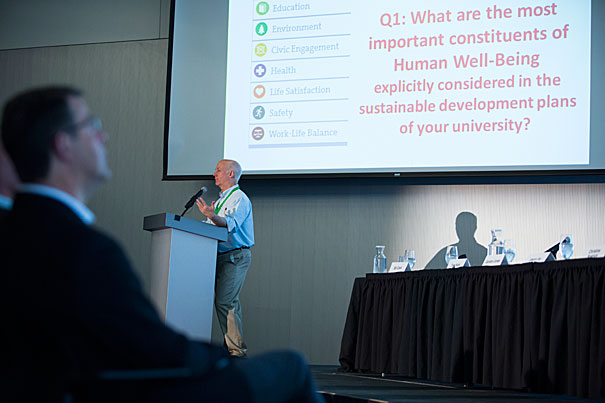
-
Breathing easier over electricity
The Environmental Protection Agency’s release of draft regulations that would reduce carbon dioxide emissions from power plants by 30 percent from 2005 levels by 2030 will have a significant impact on human health, Harvard analysts say.
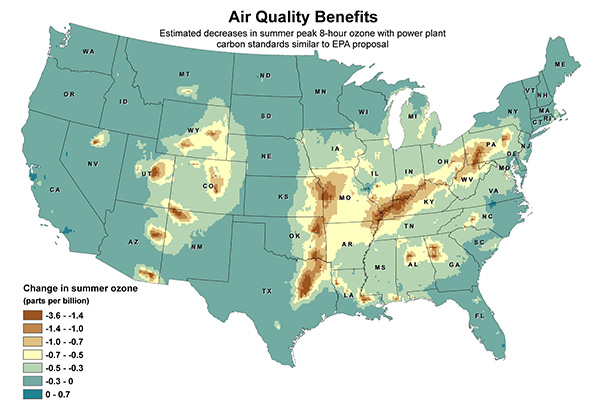
-
‘Godzilla of Earths’ discovered
Astronomers announced Monday that they have discovered a new type of planet — a rocky world weighing 17 times as much as Earth. This planet is all solids and much bigger than previously discovered “super-Earths,” making it a “mega-Earth.”


